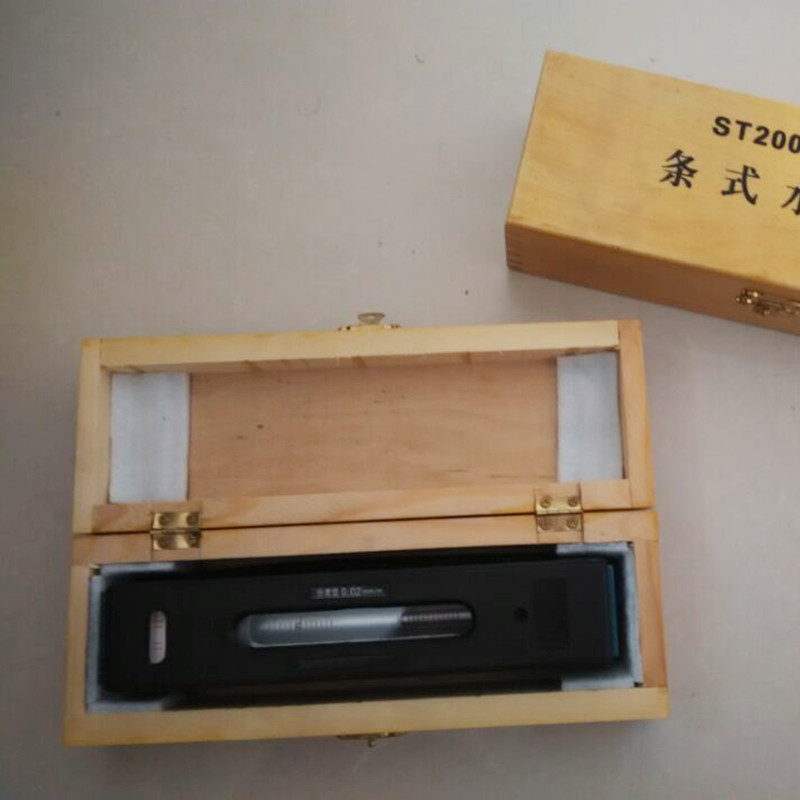නොවැ. . 06, 2024 00:14 Back to list
Different Types of Gate Valves and Their Applications in Various Industries
Understanding Gate Valve Types
Gate valves are essential components in various piping systems, primarily used to regulate the flow of liquids and gases. They are characterized by their design, which allows for a smooth flow with minimal pressure drop when fully open, making them ideal for on/off applications. This article explores the different types of gate valves, their applications, and considerations for selecting the right one for your specific needs.
Types of Gate Valves
There are several types of gate valves, each designed for specific applications and operating conditions. The three most common types are
1. Wedge Gate Valves Wedge gate valves are the most prevalent type in industrial applications. They feature a wedge-shaped disc that is forced into a seat. This design allows for a tight seal when fully closed, preventing any flow. Wedge gate valves can be made from various materials, including cast iron, stainless steel, and brass, making them suitable for a wide range of fluids, including water, oil, and steam. They can be operated manually or with actuators, and their size can vary from small to large diameters.
2. Parallel Gate Valves As the name suggests, parallel gate valves have a design where the gate is parallel to the seat. Unlike wedge gate valves, they do not require the gate to deform to achieve a seal. This results in a more consistent sealing surface and can enhance the valve's lifespan. Parallel gate valves are often used in applications involving slurries or viscous fluids, where the risk of clogging is high. They are generally available in both manual and automated versions.
3. Expanding Gate Valves Expanding gate valves feature a unique design that allows for the gate to expand and fill the valve seat as it closes, providing a tight seal. This design is particularly useful in high-pressure applications. Expanding gate valves are ideal for use in pipelines that handle aggressive fluids or gases, as they can withstand higher pressure differentials without leaking. They are less common than wedge and parallel gate valves but are invaluable in specific high-demand scenarios.
Applications of Gate Valves
Gate valves are widely used in various industries, including
- Water Treatment Plants Gate valves help control the flow of water and are vital for maintaining system pressure. Their design allows for minimal turbulence, which is crucial in preserving water quality.
- Oil and Gas Industry These valves are employed in pipelines for both upstream (exploration and production) and downstream (refining and distribution) applications. Their ability to handle high pressures makes them suitable for this sector.
gate valve types

- Power Generation In thermal and hydroelectric plants, gate valves manage the flow of water, steam, and other fluids that are critical to power generation processes
.- Chemical Processing Due to their ability to seal effectively and manage aggressive materials, gate valves are regularly used in chemical processing plants.
Selecting the Right Gate Valve
When choosing a gate valve, several factors should be considered
- Media Type Different valves are suitable for various fluids. Consider whether you are dealing with water, gas, steam, or corrosive chemicals.
- Temperature and Pressure Ratings Ensure that the selected valve can withstand the specific temperature and pressure of your application.
- Size and Flow Requirements Select a valve that fits the required pipe size and flow rate. A valve that is too small will restrict flow, while an oversized valve may be inefficient.
- Material Construction Depending on the application, the material of the valve should resist corrosion and wear. Choices typically include cast iron, stainless steel, bronze, and PVC for specific applications.
- Actuation Type Depending on the operational requirements, you might choose a manually operated valve or one that can be automatically actuated for remote operations.
In conclusion, gate valves play a crucial role in the regulation of fluid and gas flow across various industries. Understanding the different types of gate valves, their applications, and the factors influencing their selection can help ensure optimal performance and reliability in your pipeline systems. Whether you choose a wedge, parallel, or expanding gate valve, making an informed choice is key to achieving the best results in your operations.
-
Right Angle Ruler Innovations in Measuring ToolsNewsJul.18,2025
-
Parallel Ruler Maintenance for Long-Term AccuracyNewsJul.18,2025
-
Magnetic V Block 4 Inch Cost Effectiveness AnalysisNewsJul.18,2025
-
Internal Thread Gauge Innovations for Faster InspectionNewsJul.18,2025
-
Ground Anchor Applications in Construction and LandscapingNewsJul.18,2025
-
Butterfly Valve Types StandardsNewsJul.18,2025
Related PRODUCTS









